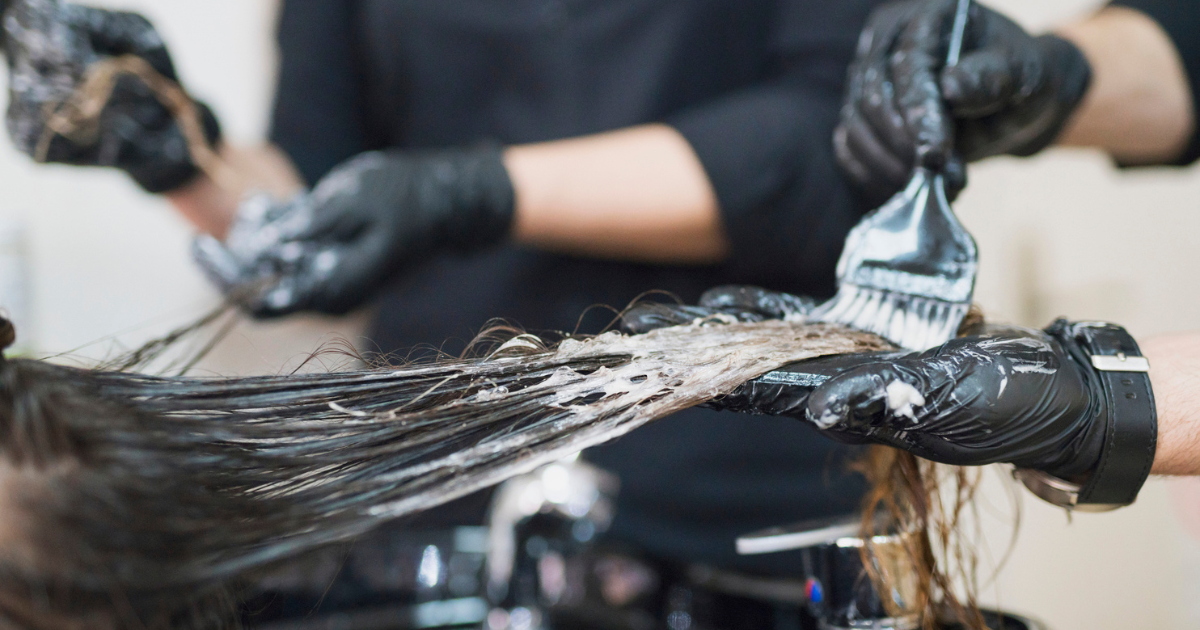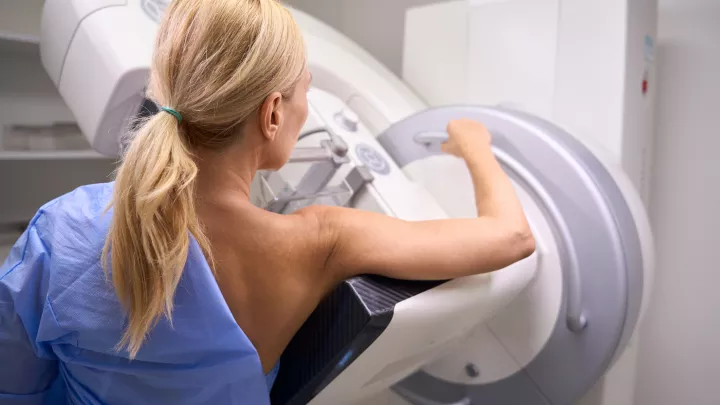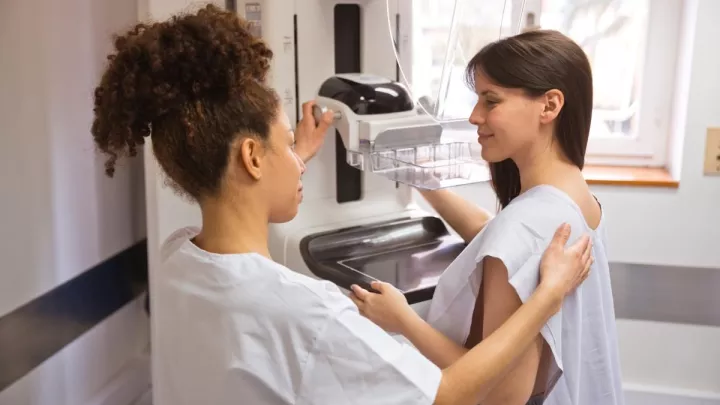What you need to know about hair dyes, straighteners and breast cancer risks

Q: A recent study published in the International Journal of Cancer has linked hair dye and chemical hair straighteners to an increased risk of developing breast cancer. Should these latest findings cause people concern?
A: This study revealed that using permanent dye or chemical straighteners increased the risk of breast cancer especially in African American women. I think more studies need to be done given the positive findings associated with this study. If more studies show similar findings, the strength of the findings will increase.
Caution should be observed in generalizing the findings of this study to all women, as this study was done only with women who had a first degree relative with a gene mutation of the BRCA1 or BRCA2 genes, which have been found to increase a person’s chance of developing breast cancer.
Q: What are the known risk factors for breast cancer?
A: The following are the already known risk factors for breast cancer. Permanent dye or chemical straighteners use may also be added in the future based on this observational study.
- Having a first degree relative (parent, sibling or child) with breast cancer
- Having a family member with ovarian cancer, breast cancer on both breasts at the same time or at different times, or a male member of the family with breast cancer
- Obesity
- Prior use or current use of estrogen containing contraception
- Being a woman with no children, late menopause or early menarche (first menstrual cycle)
Q: Do the findings is this study indicate that women who used semipermanent or temporary dyes, the kinds that eventually wash out with shampooing, are also at increased risk for cancer?
A: No. The data from this study only applies to permanent dye or chemical straighteners.
Q: Did this study show a greater risk for African American women?
A: Yes, the study indicated that African American women who used hair dyes and hair chemical straighteners are at greater risk for developing breast cancer than white women.
After eight years of follow up, the study found a 45% increased risk for breast cancer among African American women who used permanent hair dye compared to a 7% higher risk among white women. The risk was even higher among black women who dyed their hair frequently, every month or two.
Q: In general, are African American women more likely to develop breast cancer compared to women of other races?
A: Breast cancer incidence appears to be increasing among non-Hispanic black women. They are more likely to be diagnosed at a younger age (under the age of 50), to be diagnosed with more aggressive forms of the disease, and more likely to die from it.
Q: What should women do if they are concerned about their risk for being diagnosed with breast cancer?
A: Given the findings of this study, I would recommend that women use temporary dyes rather than permanent dyes, especially if they are African American and have a family history of breast cancer, or if they have several risk factors that increases their risk.






